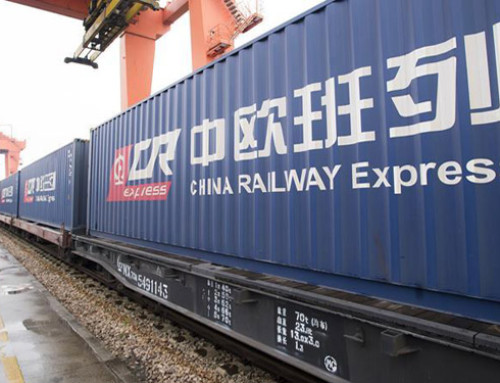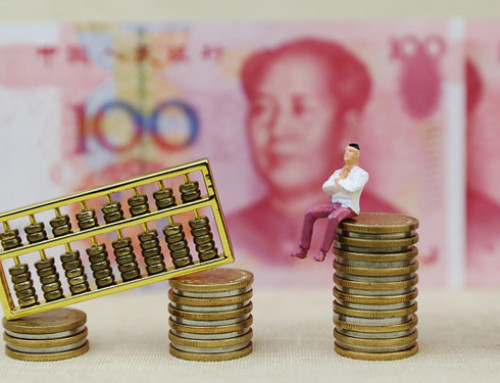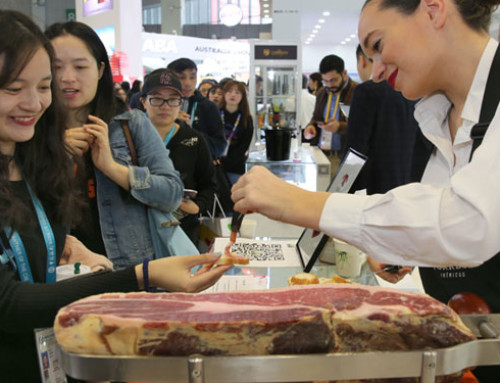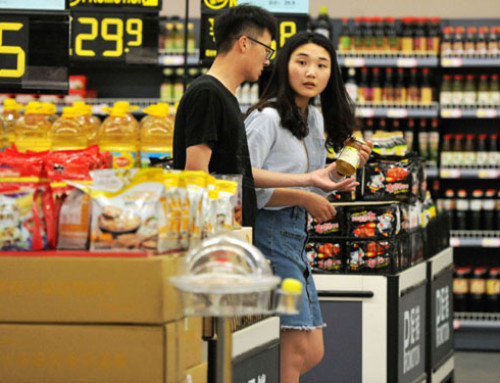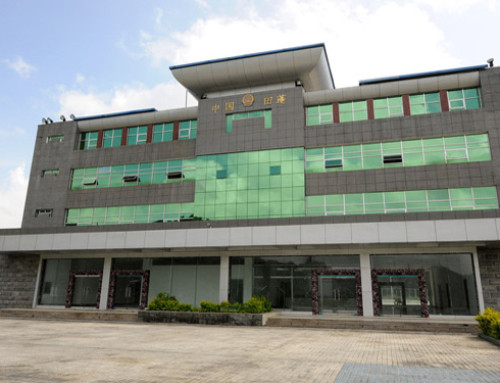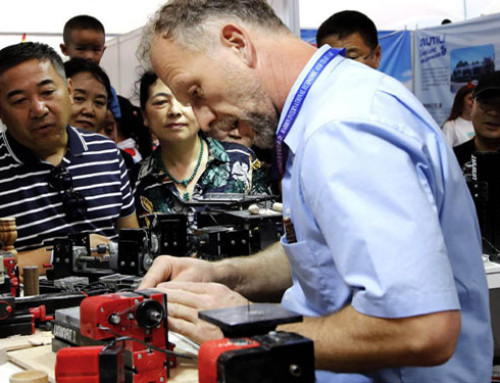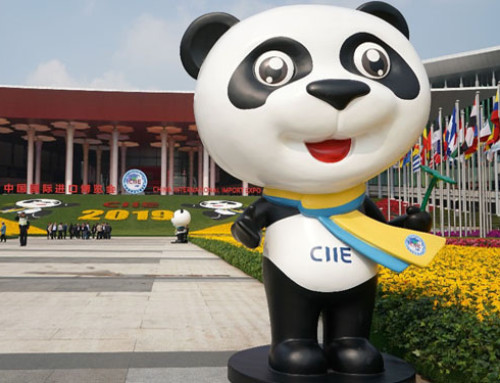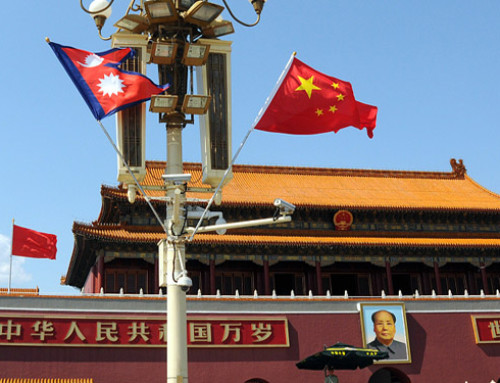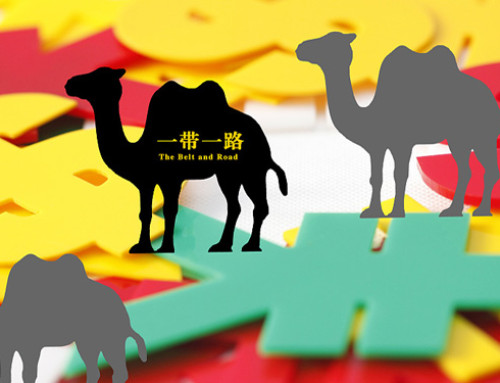QALIOUBIYA, Egypt – The upcoming import expo in China’s Shanghai city is a chance to increase Egypt’s exports to China, said Egyptian businessman Ashraf el-Adawi, head of an Egyptian company exporting citrus to China.
“It is an opportunity for Egyptian companies to get in touch with their Chinese counterparts and boost mutual trust between the two sides, especially that the Chinese market is new to us,” Adawi, chief of Nile Establishment for International Trade told Xinhua in a recent interview at his office in Qalioubiya province, north of the capital Cairo.
The first China International Import Expo (CIIE) will be held from Nov 5 to 10 in Shanghai, a world famous financial hub and one of the most populous cities in China.
Founded in 1985, Nile Establishment for International Trade is a member of El-Adawi Co for International Trade, a group that annually exports about 100 tons of citrus to several countries across the world. Half of them were exported by Nile Establishment alone.
“Nile Establishment began to export orange to China only two years ago. We started with two tons in the first year and 10 tons in the second,” Adawi told Xinhua, expecting his company to export 20 tons of orange to China next year.
The Nile Establishment chief, who expressed admiration of China where he visited seven times, said that his company would like to know more about Chinese companies and open channels for cooperation. He expected the upcoming Shanghai import expo to serve the purpose.
In recent years, the Chinese-Egyptian ties have been elevated to the level of comprehensive strategic partnership which resulted from the strong support from the leaderships of both countries.
“Trade relations between Egypt and China are growing so positively and so fast, and the Chinese market is open to Egyptian products,” Adawi said, stressing that the Egyptian citrus companies are able to meet the needs of the Chinese market.
Egypt, famous for its production of sweet juicy oranges, has become the third largest exporter of citrus to China after South Africa and the United States.
Adawi noted that his company had to increase its workers from 700 to 1,000 since it started orange exportation to China.
“The Chinese importing companies demand a very high quality orange to be exported to China, so we had to upgrade our packhouse and we also bought an advanced electronic sizer to meet the quality required for the Chinese market,” he said.
According to Adawi, it cost his company up to 50 million Egyptian pounds (about $2.8 million) to bring the new electronic sizer technology and the machines required for upgrade to reach the quality demanded by the Chinese side.
He explained that upgrading the packhouse included larger coolers with more advanced technologies to lower the temperature and make it suitable for high quality orange.
“Exporting to China urged us to supervise the early stage of the plantation process in our farms to ensure high quality and increase our production capacity to manage the quantities required for the Chinese market,” Adawi added.
Adawi pointed out that the size of his company’s farms was doubled from 400 to 800 acres after it started exportation to China. The company also increased its orange purchases from 50 to 70 tons per year.
“We are currently studying exporting grapes and pomegranates to China and we have started taking specific measures in this regard,” Adawi told Xinhua, noting that his company’s farms started to grow grapes to be exported to China in particular.
“The Chinese market is promising to us and Shanghai import expo is a good chance to bring together Egyptian exporters and Chinese importers,” said the Egyptian businessman.
News Source: China Daily




